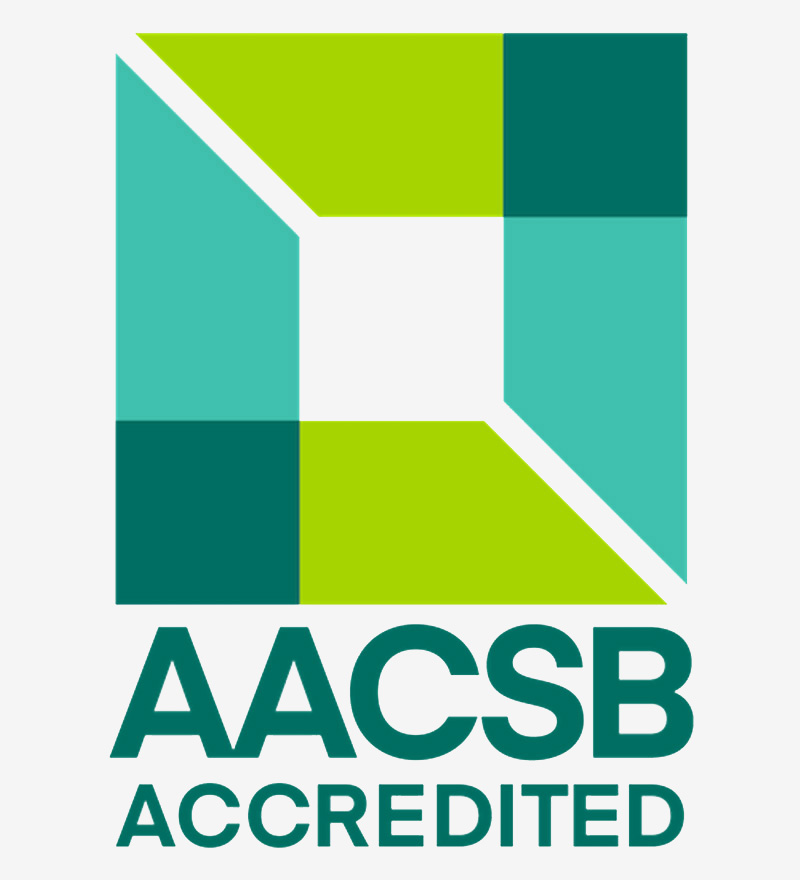Upon successful completion of this course, you will be equipped with a broad set of skills and a highly specialised body of knowledge applicable to a wide variety of business contexts.
Through critical analysis of complex business needs and challenges – considering technical, ethical and sustainability concerns – you will be able to plan, research and implement innovative strategies and solutions, then communicate their relevance to diverse audiences and stakeholders.
You will learn to exhibit leadership and influence, demonstrating self-awareness and promoting collaboration, inclusion and acceptance to create a positive work environment and contribute to organisational success.











